How will Awami League tackle the run-up to the election?
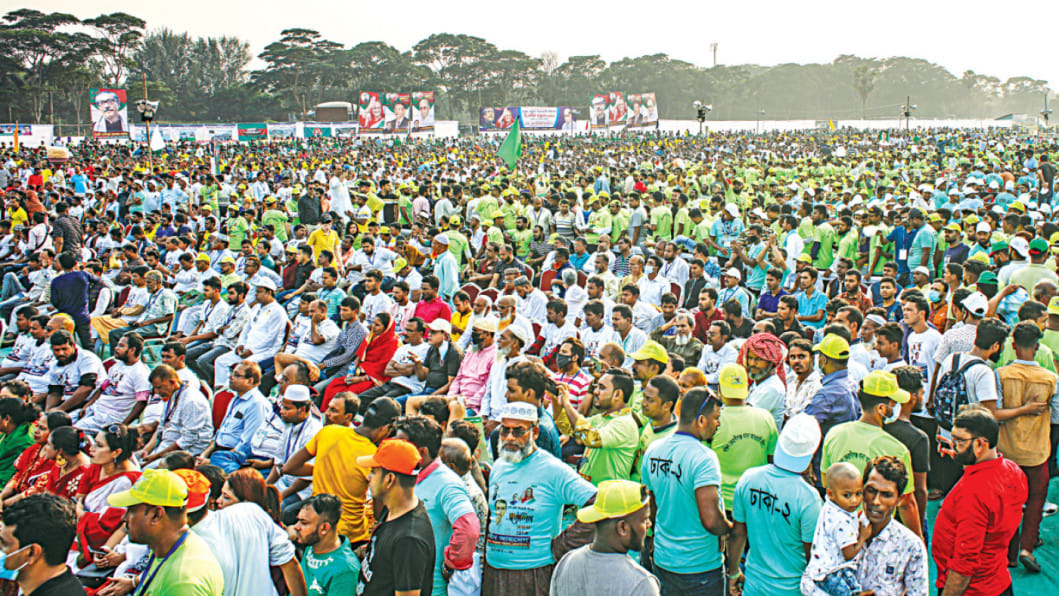
Awami League may be going through the most difficult time in the last 13 or so years that it has been in power. On the one hand, it is trying to fend off a persistent BNP campaign that, for the first time in many years, has managed to gain some public sympathy, while on the other, it is trying to bolster an economy that has been battered by events beyond its control. The pandemic has weakened the global economy, and consequently affected Bangladesh as well, although the country was able to tackle the pandemic impacts successfully. But the Russia-Ukraine war has exposed the systemic weaknesses in certain sectors of our economy. However, there is a strong conjecture that even without the external factors, these cracks and weak links would have eventually come to light due to widespread corruption and money being siphoned out of the country.
One of the major fallouts of the Russia-Ukraine war is the raging global energy crisis, which has caused a crippling power shortage in Bangladesh, bringing load-shedding back to our lives. Since BNP has made this crisis, which is directly affecting people's lives and livelihoods, a major agenda in their ongoing campaign, they are getting public attention. Ironically, the disastrous end of BNP's rule in 2006 and their embarrassing defeat in the 2008 general election is attributed to acute power shortage and spiralling food prices.
Embracing an issue that is people-centric is something BNP has hardly done before. In the last 13 years that the party has been out of power, its campaigns were always focused on partisan interests like reinstatement of the caretaker government system, release of party chief Khaleda Zia from jail, and so on, which gained negligible traction. Also, the ploy of waging violent street protests before the 2014 general election backfired after widespread loss of lives and property. The ruling Awami League cashed in on these strategic mistakes and managed to convince people that development and prosperity was more important than democracy.
However, BNP seems to have learnt from its mistakes and adopted the strategy of engaging people by highlighting pro-people issues, such as price hike of essentials, power crisis, etc, in its campaign. Consequently, more and more non-political people are showing their sympathy towards the BNP as the party holds one rally after another in divisional cities, thus putting more pressure on the ruling party.
Interestingly, when the BNP began the ongoing phase of their movement a few months ago, there were several deaths due to shooting on the rallies by law enforcement members. However, in what appears to be a curious reversal of strategies, the ruling party seems to have changed course and is now trying to foil BNP rallies by allegedly "enforcing" strikes using their supporters in the workers and owners associations in the transport sector to prevent BNP supporters and sympathisers from going to the rally venues. Although this ploy isn't violent, the lack of transport is causing ordinary people massive inconvenience.

In mid-August, when BNP's campaign started to gain some real momentum, Prime Minister Sheikh Hasina said the opposition should be allowed to protest and not be harassed. She even said if the opposition wanted to cordon the Prime Minister's Office, she would let them. Is it rhetorical, or is there more to this statement? Was it aimed at placating quarters at home and abroad who are intent on seeing an inclusive participatory election? At least a part of the diplomatic corps in Bangladesh have apparently made it clear that their capitals believe it would behove them to insist on a level-playing field leading up to the election. And not all of that can be managed through the quid pro quo that seems to have worked thus far.
But then, why the resistance against BNP rallies? Could it be that some vested quarters within the party are disobeying the prime minister and staging these transport strikes to mar her image? What would happen if the ruling party men did not create any obstacles for the BNP? The party would probably continue to get media coverage and remain the talk of the town. But that clearly isn't the case. And maybe the sight of people swarming to the BNP rallies and processions could make the bureaucracy doubt Awami League's chances of carrying the next election. And once that seed of doubt is sown, it will become rather difficult for the ruling party to enjoy the administration's cooperation during the election. Consequently, it seems as though the ruling party is quite nervous about seeing the support BNP is drawing, and in a desperate attempt, they are resorting to anti-people strategies.
The best kind of political movement is the one in which people participate in large numbers and a political party or several parties take the lead. A political movement without people's participation will never succeed. The question is: how long will people continue to sympathise with the BNP? The next parliamentary election is drawing close, and it seems that the ruling party is making decisions that are alienating it further from the people. The sooner good sense prevails, the better it will be for the ruling party, which has a long history of taking the lead in all the greatest achievements of the country.
Mohammad Al-Masum Molla is deputy chief reporter at The Daily Star.

 For all latest news, follow The Daily Star's Google News channel.
For all latest news, follow The Daily Star's Google News channel. 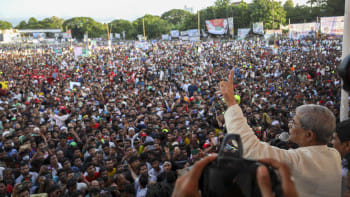
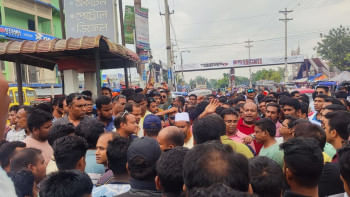


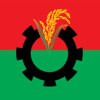

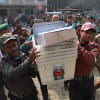
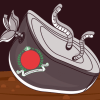



Comments